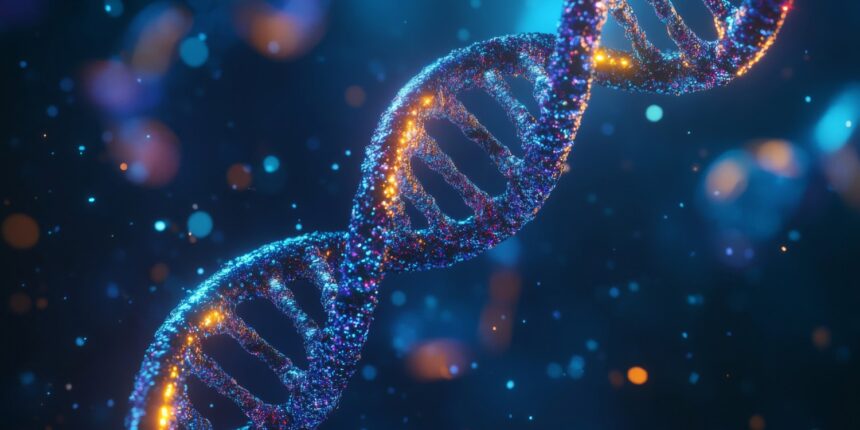In a cautionary tale highlighting the potential dangers of seeking medical advice from artificial intelligence, doctors recently uncovered that a man’s puzzling psychotic episode was triggered by health recommendations he received from ChatGPT. The case, which baffled medical professionals until they discovered the AI connection, raises serious concerns about the growing trend of self-diagnosis through technology.
The patient, a 37-year-old software engineer with no prior history of mental health issues, arrived at a Toronto emergency room exhibiting paranoid delusions and severe anxiety. For weeks, he had been following an intensive supplement regimen and experimental diet plan that he believed would “optimize his neural pathways” – terminology he’d adopted from his AI-guided health journey.
“When we initially assessed him, nothing in his medical history explained the sudden onset of psychosis,” said Dr. Maya Richardson, the psychiatrist who treated the case at Toronto General Hospital. “It wasn’t until his partner mentioned he’d been ‘talking to an AI doctor’ that we began to understand what had happened.”
Further investigation revealed the man had been consulting ChatGPT about mild insomnia and anxiety. The AI tool had suggested a complex regimen of supplements including excessive doses of St. John’s Wort, 5-HTP, and SAMe – compounds known to affect serotonin levels. When combined with the restrictive diet ChatGPT had proposed, these created a dangerous neurochemical imbalance.
“This is a textbook example of serotonin syndrome compounded by nutritional deficiencies,” explained Dr. Richardson. “The AI likely compiled various health recommendations without understanding how they would interact in a real human body or considering the patient’s specific medical context.”
The CO24 Health team has learned that this isn’t an isolated incident. Medical professionals across Canada report an alarming increase in patients arriving with complications after following AI-generated health advice.
Dr. Aron Tendler, a neurologist specializing in technology’s impact on health behaviors, notes that AI health consultation represents a dangerous gap in regulatory oversight. “These platforms explicitly state they’re not providing medical advice, yet users interpret their responses as authoritative,” he told our CO24 News team. “The conversational nature of these tools creates a false sense of medical validation.”
Health Canada has taken notice, with officials confirming they are developing guidelines specifically addressing AI health consultations. “We’re in uncharted territory,” said regulatory spokesperson Jessica Lam. “These technologies evolved faster than our regulatory frameworks.”
The patient has since recovered after proper medical treatment and discontinuation of the AI-recommended regimen. His case has been documented in a medical journal as a warning to healthcare providers about this emerging phenomenon.
For the millions of Canadians regularly using AI tools like ChatGPT, this case serves as a stark reminder: artificial intelligence lacks the clinical judgment, ethical framework, and accountability of human healthcare providers. While technology continues transforming our approach to health information, these tools remain fundamentally limited in their ability to provide safe, personalized medical advice.
As we navigate this new frontier of AI-assisted health information, one critical question remains: How do we balance the democratization of health knowledge through technology with the very real dangers of unregulated medical advice?










